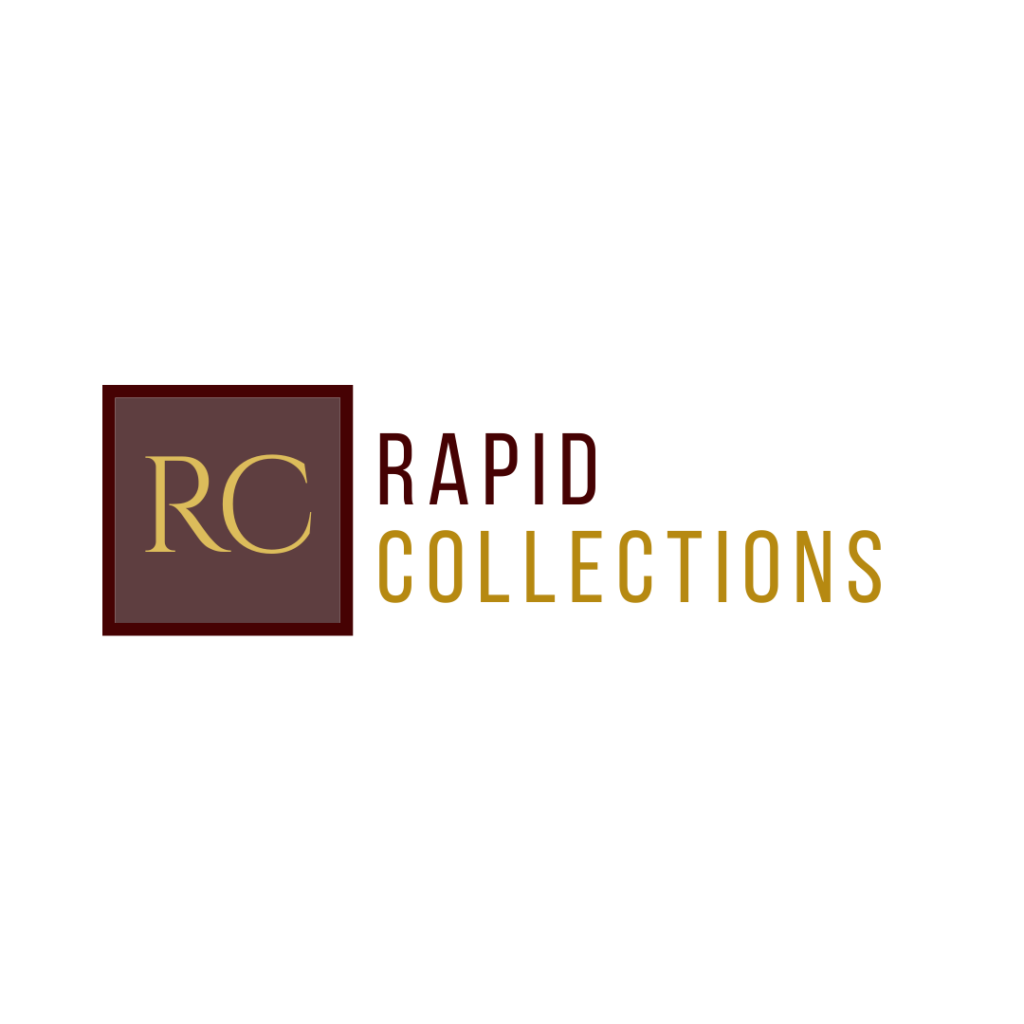
93% of users say that online reviews have had an impact on their buying decisions. Between Google, Yelp, Facebook, and more, there’s no shortage of platforms that your customers can use to make their voices heard. With that in mind, businesses have to be extra careful about maintaining a positive reputation. Choosing the wrong debt management and collections system can be a huge mistake, and when implemented poorly, it’s a recipe for a PR disaster. Keep reading to learn about the importance of your business’s reputation and how the collections process affects it.
How a Positive Reputation Impacts Your Business
Modern consumers have a full toolbox. Between a myriad of social platforms and dedicated reviewing sites, they have everything they need to form an opinion on your business before they ever make contact with you. A positive reputation is key to making sure that potential customers get the right first impression of your business. A positive reputation can help your business:
Attract New Customers
98% of Americans read online reviews. A positive reputation translates to positive online reviews, which are the first thing most people consult when they’re considering a company. Glowing reviews will encourage customers to research your business further to see if it’s the right fit for them.
Build Trust
Your company’s online presence is the first point of contact with your business. Have you ever been interested in a company only to look them up and see nothing but scathing reviews? Odds are that you decided that company wasn’t worth looking into. A positive reputation builds a foundation of trust between you and your customers.
Intrigue Talented Employees
Talented employees will seek out employment opportunities with high-quality businesses. You can’t expect skilled employees to be excited about joining your business if you have a bad reputation.
How a Negative Reputation Impacts Your Business
While a positive reputation is great to have, it’s become expected. Good reviews are the first bar your business has to clear for customer acquisition. Comparatively, negative reviews are devastating. Negative reviews lead to harsh consequences for your business, some of which include:
Loss of Customers
Reputational damage spreads like wildfire. It only takes a few negative reviews or comments for word to spread that your business has taken a dive in quality. You’ll be surprised how quickly long-term customers will stop visiting your business if they hear there’s been a drop in quality.
Fewer customers leads to lower sales. Lower sales make it harder to run your business and could force you to downsize or close your business entirely.
Raise Your Default Risk
There’s an inherent default risk with extending lines of credit. Your customer’s loan payments affect the kind of credit policy you recieve. This means that delayed or unreceived payments from customers affect your credit policy. Bad debt puts the entire financial stability of your organization at risk.
Lower Employee Retention
A poor reputation will lower your employees’ motivation. Every worker wants to be proud of the company they work for, not ashamed.
The Connection Between Debt Collection and Reputation
There’s a huge link between debt collection and reputation. The wrong collection agency will use techniques that get your company in trouble. Some of these techniques include:
Refusing to Identify
Some collection agencies will use any method to get people to pay off debt in collections. Many collection agents will fail to identify or misrepresent their identities. This is done with the intention of misleading debtors into giving up sensitive information like their bank account details or social security number.
Debt collection and reputation should never clash. The right collection agency will be transparent to the debtors about who they are and what purpose they serve, preserving your company’s reputation.
Constant Contact
Unethical collection agencies will call a debtor’s home and workplace at all hours of the day. Many collectors will even go so far as to call their co-workers and family members to threaten or embarrass the debtor. Not only is this an unethical, shameful tactic, but it’s a security risk that sacrifices debtors’ sensitive information.
The right collection agency will accept any “cease communication” letters that they receive. This letter demands that collectors can only be able to communicate with the customer to inform them about legal action. Harassment doesn’t lead to results—it only endangers your company’s reputation and leads to legal battle.
Threats
Unethical collection agencies will threaten to sue or arrest debtors, which they don’t have the authority to do. Some collection agents have been known to impersonate law officers or attorneys before making these claims, which isn’t just unethical, but illegal. Debtors have even reported agents that have threatened to garnish wages, seize properties, or pursue litigation.
The right collection agency will be transparent about the scope of what they can and can’t do to the debtor and their client. Furthermore, the right agency will be clear about the connection between debt collection and reputation, assuring you’re aware of why avoiding “dirty tactics” is important.
The Right Debt Collection Agency
If you’re looking for the right blend of debt collection and reputation, you’ve found it. Rapid Collections has been doing debt collection right since 2003. Our seasoned team combines effectiveness with ethics—we get the job done and do it right so reputational blowback is a non-issue. For an above-board debt collector with a record of success, turn to Rapid Collections.

